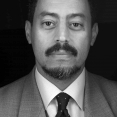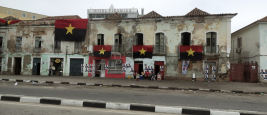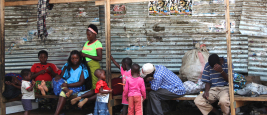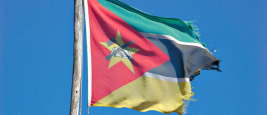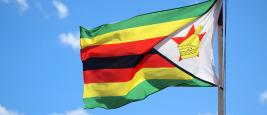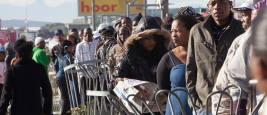In a matter of months, Luanda politics became unrecognizable. The reasons why, and the ways in which, João Lourenço, President of Angola since september 2017, proceeded to these substantial and unexpected changes will be analyzed in detail in the pages that follow.

Observatory of Central and Southern Africa
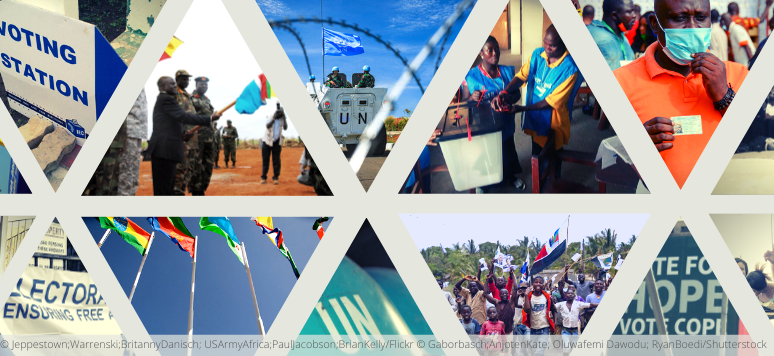
Since 2016, the Observatory of Central and Southern Africa within Ifri's Sub-Saharan Africa Center provides regular analyses to identify local and regional trends regarding political and security issues in the area. 55 notes were written between 2016 and 2020.
The Observatory aims at assessing major political, economic and security trends in the area, analyzing their overall effects on the stability of the continent, and enabling a better understanding of the numerous rapidly evolving strategic issues in the region.
The countries covered by the Observatory are:
- For Central Africa: Angola, Burundi, Cameroon, Central African Republic, Congo, Democratic Republic of Congo, Gabon, Equatorial Guinea, Sao Tome and Principe and Rwanda;
- For Southern Africa: Botswana, Eswatini (formerly Swaziland), Lesotho, Namibia, Malawi, Mozambique, South Africa, Zambia, Zimbabwe, Tanzania, as well as Madagascar and Comoros.

Twelve analytical reports and two seminars per year constitute the core of the Observatory's activity, which focuses mainly on the following issues:
- Political systems and elections
- Conflicts and security
- Governance of natural resources
- Religious and societal dynamics
- International relations and partnerships
The Observatory coordinators collaborate with the General Directorate of International Relations and Strategy of the Ministry of the Armed Forces (DGRIS) to ensure a strategic monitoring of the area as well as to define research priorities for the reports and seminars.

Associate Research Fellow, Coordinator of the Observatory of Central and Southern Africa, Sub-Saharan Africa Center
...Associate Research Fellow, Sub-Saharan Africa Center and Turkey/Middle East Program
...The aim of this paper is to assess how an African country deals on the long run with the decline of international aid and foreign direct investment. This paper is a contribution to the debate about the effectiveness of the international sanctions system.
2016 proved to be a most challenging year for Mozambique. Small-scale conflict, which started reappearing between the government and the opposition party, the Mozambican National Resistance (Renamo), in 2013, intensified over the course of the year, whilst peace negotiations stalled. ...
The descent into the morass of failure seems relentless for a country that used to be, at the aftermath of its independence in 1980, the “jewel in Africa” to be carefully preserved, as former Tanzanian President Julius Nyerere advised an acclaimed Mugabe ascending into power.
The South African political landscape experienced a shock from an unlikely source; the country’s local government elections on August 3, 2016 representing the last tier of government and often overlooked in favour of national and provincial polls.
Aucun résultat
Aucun résultat



